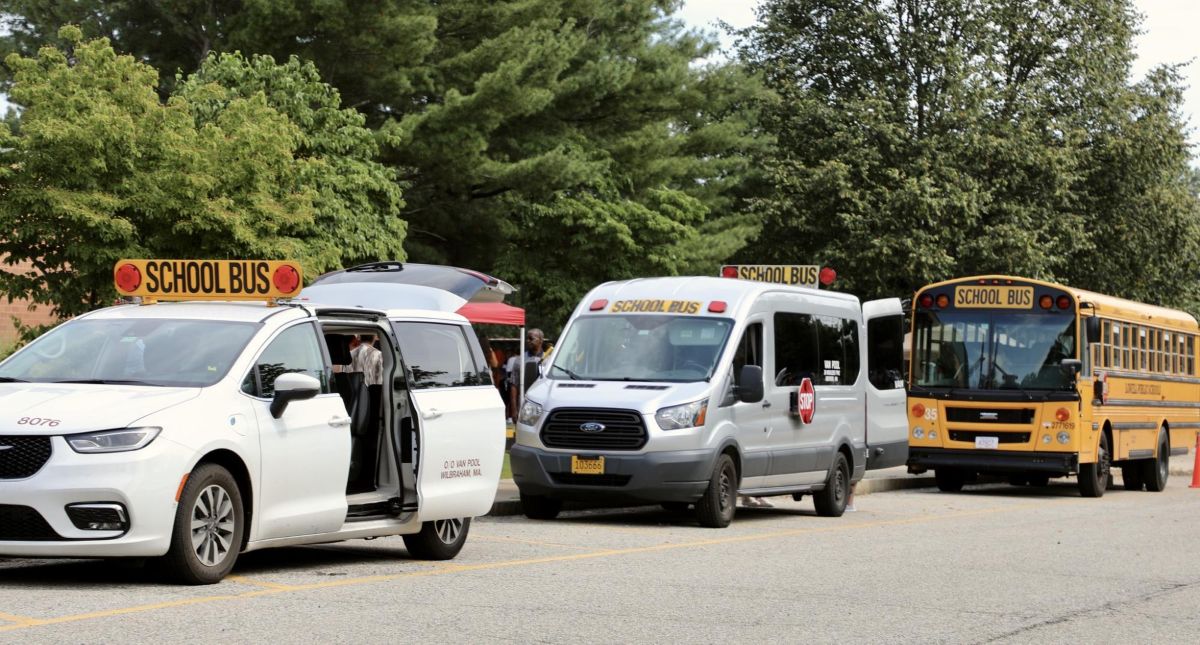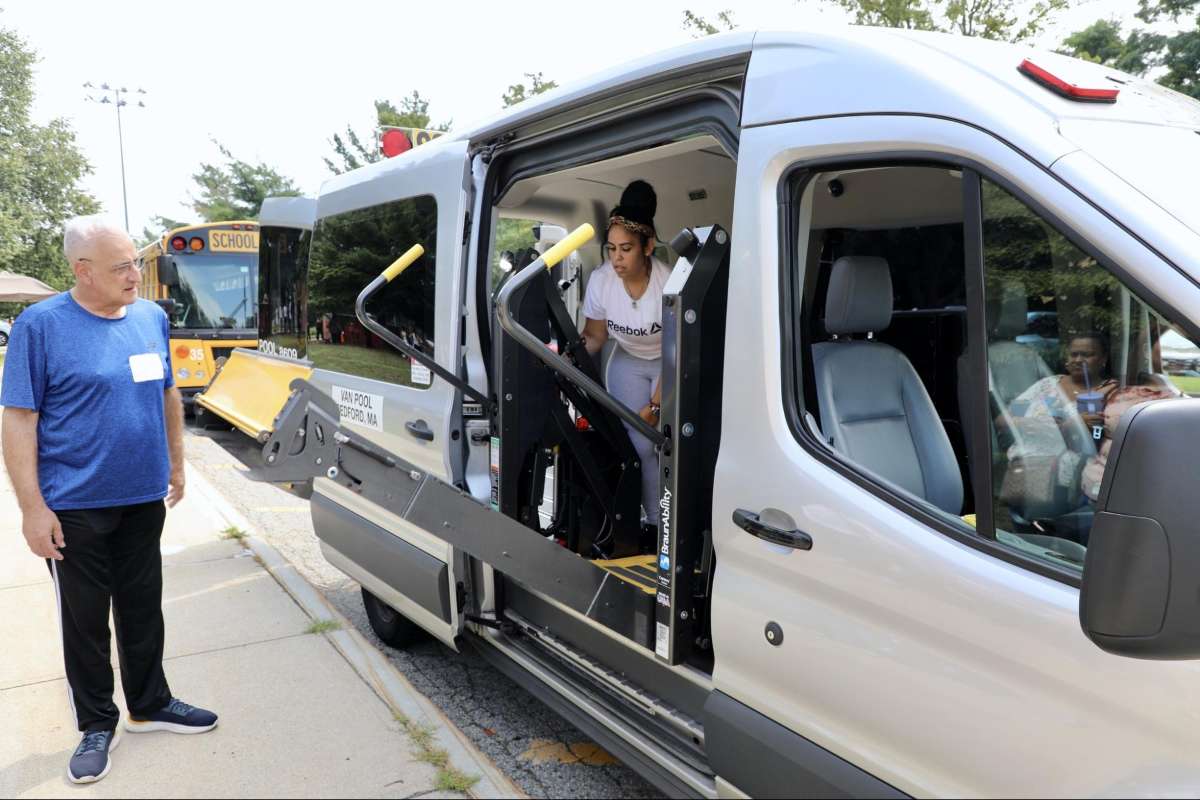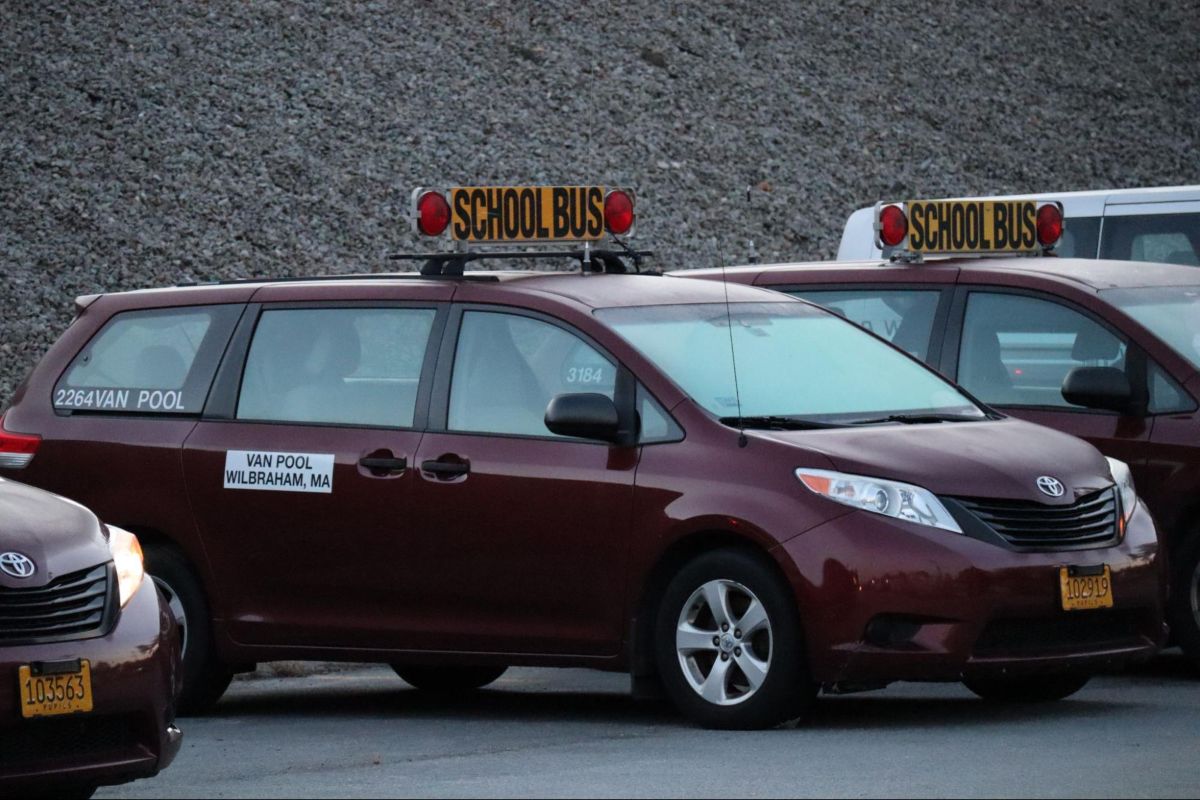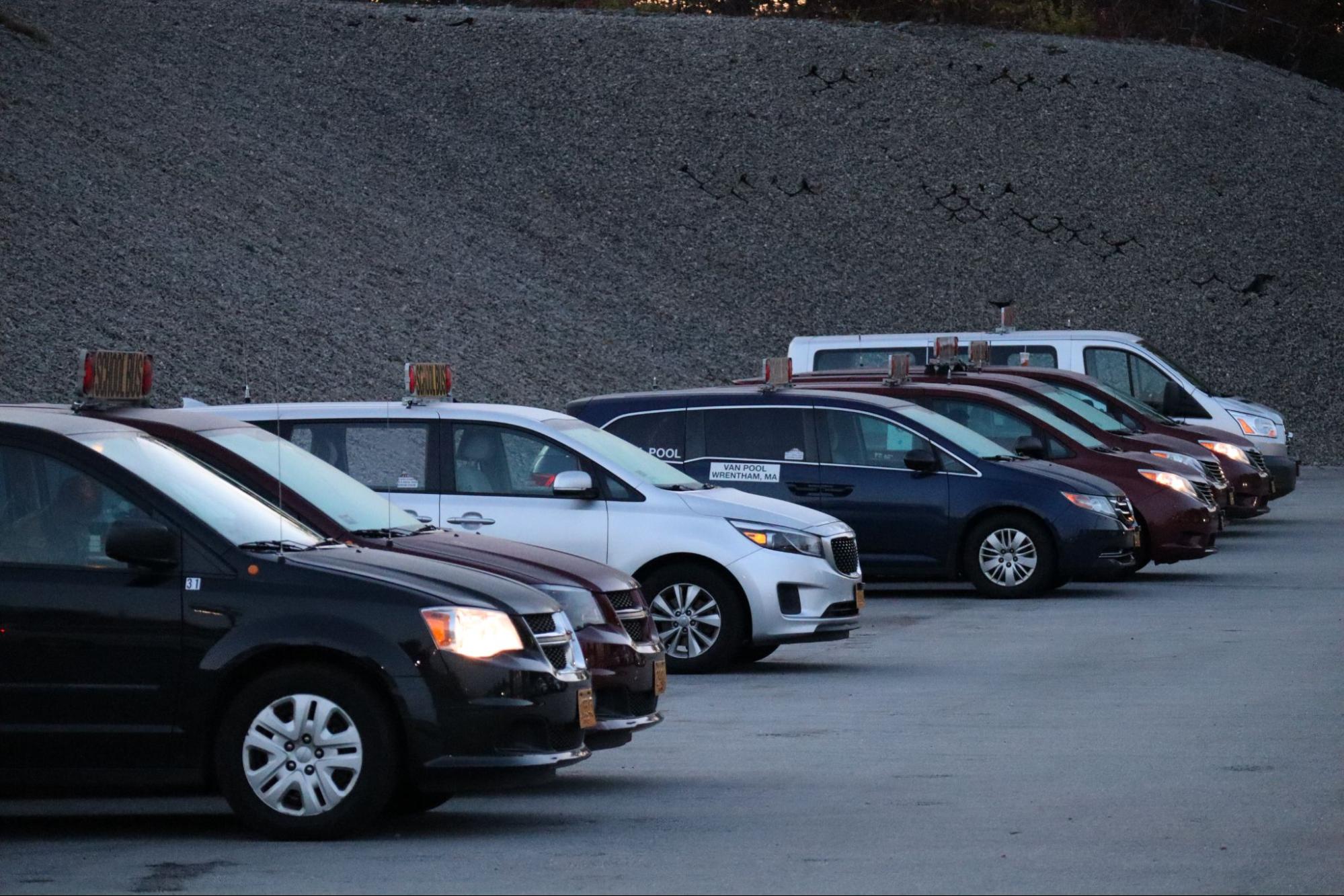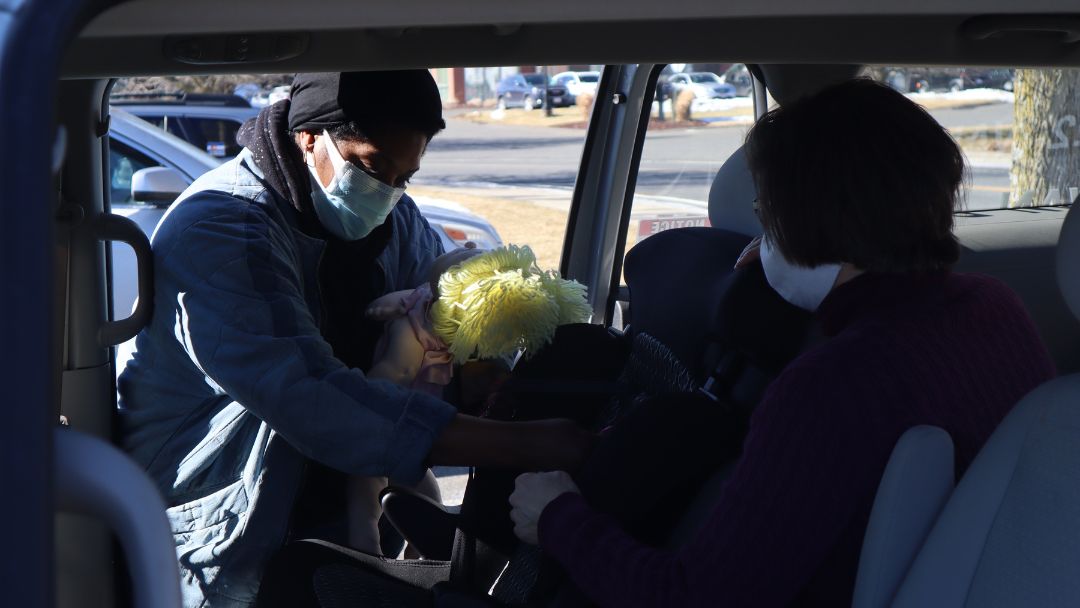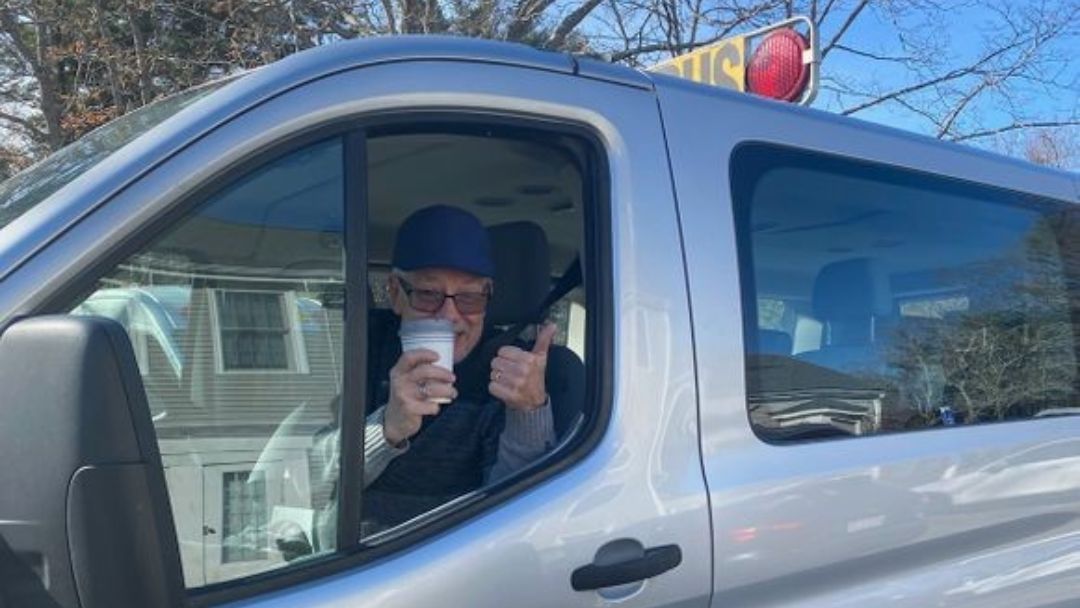As summer temperatures soar across Massachusetts, caregivers and program coordinators face a serious challenge: how to safely manage midday pickups for seniors during heatwaves. These are not minor inconveniences—seniors are especially vulnerable to heat-related illness due to age-related physiological changes, chronic health conditions, and common medications that affect hydration or temperature regulation.
Coordinating transportation under these conditions requires planning, flexibility, and a trusted provider. This blog outlines best practices to keep seniors safe, comfortable, and cared for during the hottest hours of the day—and how Van Pool helps your organization implement them seamlessly.
Why Heatwaves Are High-Risk for Seniors
According to the CDC, older adults are among the most at-risk for heat-related illnesses such as heat exhaustion, dehydration, and heat stroke. The risk is heightened during midday hours, when temperatures peak and sun exposure is most intense.
Factors that increase risk:
- Decreased ability to regulate body temperature
- Reduced sense of thirst
- Medications that affect hydration (e.g., diuretics, beta-blockers)
- Pre-existing heart or respiratory conditions
- Mobility limitations that make it difficult to move into cooler spaces quickly
Even brief exposure to overheated environments—like sitting in a parked van waiting for pickup—can have dangerous consequences.
Adjust Pickup Times Strategically
One of the most effective strategies is to adjust routes and schedules to avoid extreme heat.
Recommendations:
- Schedule pickups earlier in the morning or later in the afternoon, outside of 11:00 AM to 3:00 PM whenever possible
- Coordinate closely with adult day programs and families to accommodate flexible timing
- Prioritize high-risk individuals (those with mobility impairments or heat-sensitive medical conditions) for early pickups
Van Pool’s custom charter coordination services allow program leaders to build optimized transportation schedules based on daily weather forecasts and group needs.
Pre-Cool Vehicles and Limit Exposure
Stepping into a hot vehicle can be physically taxing for elderly passengers. Providers must ensure that:
- Vehicles are pre-cooled with A/C running before any rider boards
- Sunshades or tinted windows are in place to reduce heat buildup
- Drivers are instructed to park in shaded areas when available
- Wheelchair ramps and metal surfaces are checked for heat before use
All of Van Pool’s vehicles are fully climate-controlled and GPS-monitored, so interior temperatures remain stable and safe, even on high-humidity days.
Train Drivers to Monitor Health and Comfort
Transportation staff should be trained to recognize early signs of heat distress and take immediate action.
Key warning signs include:
- Flushed or clammy skin
- Dizziness or lightheadedness
- Fatigue or confusion
- Nausea or rapid breathing
Van Pool’s driver training program includes modules on senior care, situational awareness, and emergency response—so every driver can act quickly and compassionately.
Keep Riders Hydrated and Comfortable
Hydration is one of the most powerful tools against heat-related illness. Even mild dehydration can lead to fatigue, confusion, and increased fall risk.
Best practices:
- Offer bottled water before or during pickup
- Encourage programs or families to send refillable bottles
- Use cool packs or personal fans for heat-sensitive riders
- Limit time sitting in vehicles whenever possible
Coordinating with families ahead of time can help ensure each passenger is well-prepared. Van Pool also encourages caregivers to communicate hydration concerns through its Parents & Families support portal.
Establish Backup and Emergency Plans
Despite best efforts, heatwaves can create unexpected changes—like road delays, route adjustments, or medical emergencies. Every midday pickup strategy should include:
- An emergency contact list for each rider
- Clear protocols for contacting program staff or 911
- Plans for shaded rest areas in case of vehicle breakdowns
- Regular check-ins between dispatchers and drivers
Van Pool’s operations team works in close partnership with families and program leaders to ensure that every contingency is covered.
Communicate Proactively with Families and Programs
Heatwave conditions can change quickly. Staying in contact with families builds trust and allows for rapid adjustments. Suggested communications:
- Notify families of schedule shifts due to heat alerts
- Confirm medications and cooling accessories riders may need
- Share estimated pickup times and vehicle status updates
Van Pool supports this through its coordinated communication tools, ensuring everyone stays informed and reassured.
Know When to Postpone Pickup
Sometimes the safest course of action is to delay or reschedule transport altogether. If the National Weather Service issues a heat advisory, work with families and adult day centers to determine:
- Whether the outing or return trip can be moved earlier/later
- If it’s safer for a rider to remain in a cooled facility
- If the program can provide temporary indoor shelter
Safety always comes first. Van Pool helps partners evaluate local conditions and make adjustments in real time to protect vulnerable riders.
Final Thoughts: Safety in Every Season
Midday heat should never be underestimated—especially when seniors are involved. But with the right strategy and a dedicated transportation partner, you can protect your riders while maintaining consistency and care.
From scheduling to vehicle prep, hydration support, and emergency response, Van Pool brings decades of experience to every ride.
Contact Van Pool today to create a heatwave response plan tailored to your group.


